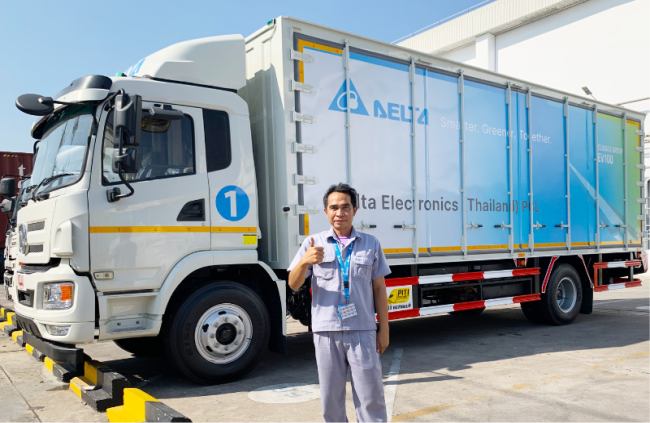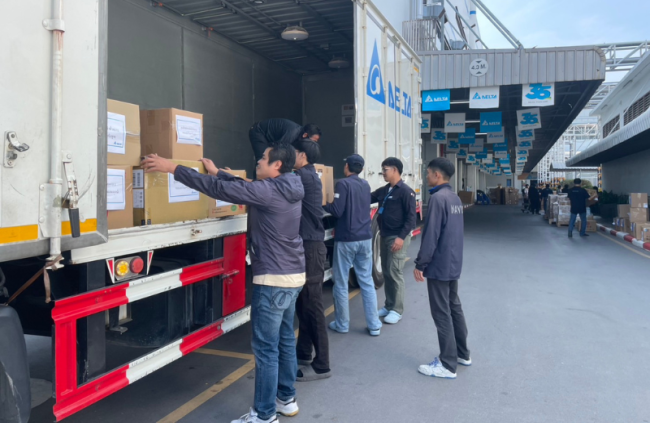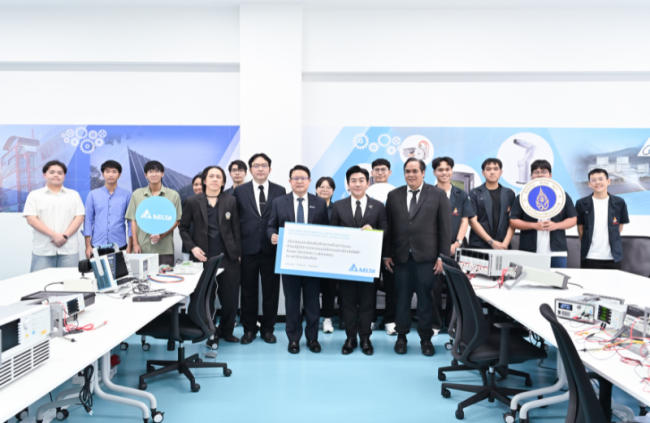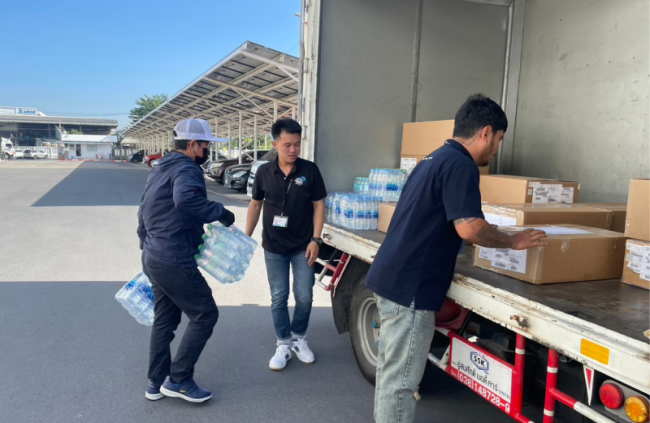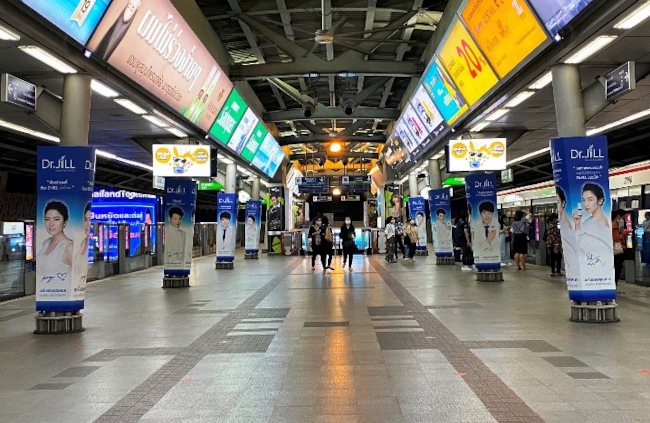Rationalizing Sustainable Development Strategy
By KK Chong - Published September 14, 2020

Text and photo by KK Chong, DET Corp Comms
In a recent experience sharing session in DET, our SD Manager has presented a very convincing picture of why sustainability development (SD) is important for the company. The session had generated much interest from the audiences comprising mostly of salespeople. As such, I would like to take this opportunity to share with you a bit more about why sustainable development (SD) strategy is no longer just a hype or marketing gimmick.
In today’s business environment, due to increased awareness in environmental conservation and human rights, a growing number of consumers are looking for products and services that are creating minimal impact on the global ecosystems or businesses that are demonstrating ethical practices and proactive effort in improving the environment.
Such demands in turn translate to growing push from investors who are making capital investment decisions based on a company’s performance in Corporate Social Responsibility (CSR) or SD. This is one of the key reasons why major stock exchanges in the world are incorporating sustainability index in their stock indices. For example, the Dow Jones Sustainability Index (DJSI) in the USA, FTSE4Good in London and SET Thailand Sustainability Index (SET THSI) in Thailand. Incidentally, Delta Inc. and Delta Thailand are ranked first and second respectively on S&P’s SAM Yearbook 2019 in the global ITC sector while Delta Inc. is also listed on the DJSI World Index for the 9th consecutive year in 2019.
Although the terms SD and CSR are often used interchangeably, there are subtle differences between the two. CSR typically focuses more on the social contribution while SD targets the entire value chain from supplier to consumer in order to ensure a sustainable business in the long run.
Some may ask, are the business returns worth the resources invested in SD? From the learnings and consultations my SD team and I had gathered over the years, it is apparent that SD is very much like brand building. It takes continuous effort and long term investment in order to see results. SD strategy aims to create a long-lasting business guided by ethical business practices and responsible operations in the environmental, social and economic aspects.
The data we’ve gathered from various operations like recyclable materials and water risk assessment had revealed many insights we would have otherwise overlooked. By translating these data into useful information, the company can map out a meaningful SD strategy.
To put it simply, in terms of business benefits beyond doing good, a successful SD strategy can protect a company’s reputation and mitigate foreseeable risks; and create a competitive edge for our business in an era where there’s rapid demand growth for sustainable goods and services.
If you are interested to know more about SD, please feel free to contact our SD Office at det.sd@deltaww.com or our SD Manager at aonthip@deltaww.com.
In this September issue of 360, learn more about DET’s Volunteer program for Energy Education in the CSR section. We also get to meet David Leal, Delta Australia’s Country Manager in the Our People section. We find out in an exclusive interview, how he brings Delta and Eltek Australia’s teams together to create a synergy that will better serve our customers in the Australian market.
And in the second part of our audio series featuring our frontline colleagues, we get to listen to the views of DET Green Belt graduates from Delta Six Sigma training program. In Our Success section, you can find out more about Delta Singapore and Delta Philippines success stories in EV charging stations.
Last but not least, in the Whiteboard section, we would like to pay our heartfelt tributes to Mr. Alok Gupta, Delta India’s CFO, who had passed away recently. Alok is a well-loved colleague among his peers and had been instrumental in many of the company’s success stories. Please take a moment to see some of our tributes and deepest condolences to his family.

